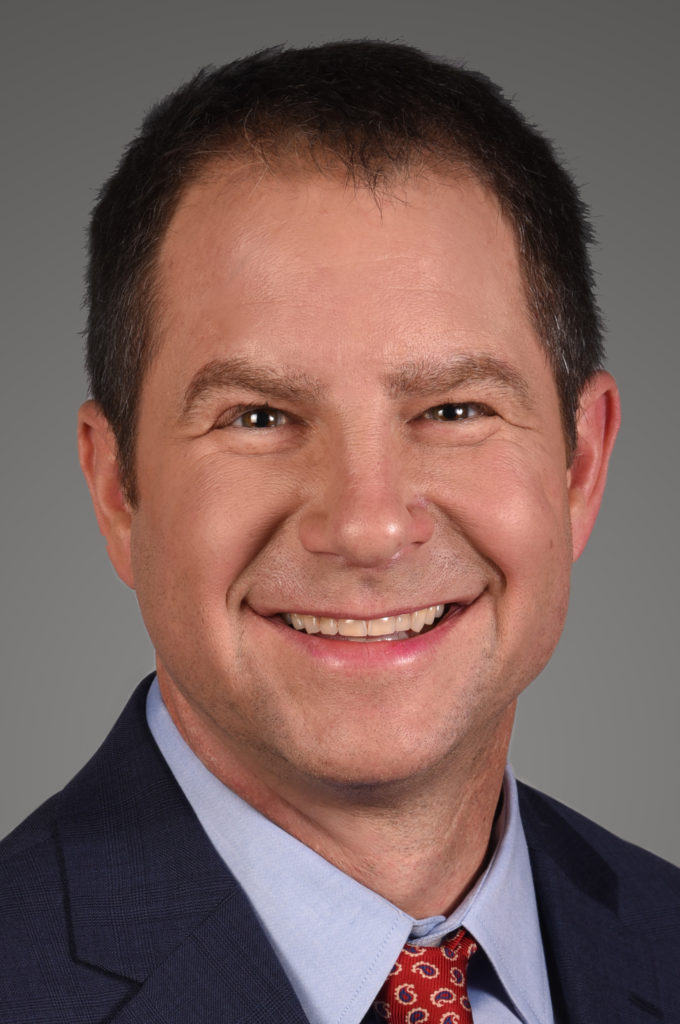 WASHINGTON, DC – In a surprise move on Friday, April 10, 2020, HHS announced immediate payments to Medicare providers in connection with the $100 billion Provider Relief Fund passed by Congress as part of the CARES Act signed by President Trump on March 27, 2020. These immediate payments total $30 billion and are being disbursed directly and immediately though direct deposit to eligible providers throughout the country. HHS made clear in its announcement that these funds are payments—not loans—and do not need to be repaid by the providers receiving them.
WASHINGTON, DC – In a surprise move on Friday, April 10, 2020, HHS announced immediate payments to Medicare providers in connection with the $100 billion Provider Relief Fund passed by Congress as part of the CARES Act signed by President Trump on March 27, 2020. These immediate payments total $30 billion and are being disbursed directly and immediately though direct deposit to eligible providers throughout the country. HHS made clear in its announcement that these funds are payments—not loans—and do not need to be repaid by the providers receiving them.
Providers eligible for a portion of the $30 billion in payments include all facilities and providers that billed Medicare on a fee-for-service basis in 2019. Payments to larger groups will be made to the central office according to the billing organization’s TIN.
While there are some restrictions on use of the funds, few of those restrictions will directly concern most providers. Three restrictions of note, however, include the following:
- Providers must agree to not seek out-of-pocket payments (due to being out-of-network) from a COVID-19 patient that are greater than what the patient would have had to pay if he/she were receiving care from an in-network provider.
- Providers receiving greater than $150,000 total in funds from acts making appropriations for coronavirus relief funds will be required to provide quarterly reports regarding the use of such funds. The exact nature of which funds will trigger this reporting requirement, and the detailed nature of the reports required are not currently available but are expected in the coming weeks.
- Within 30 days of receipt of a payment under this program, providers must accept the Terms and Conditions of the Program via an online portal that is expected to be available on the HHS website April 13, 2020. If providers are unwilling or unable to accept the Terms and Conditions of the program, they should contact HHS and return any funds received within 30 days. HHS also promises more guidance on the return of such funds in the coming days.
 In another significant departure from most HHS programs, the calculations of amounts due to all providers has been made transparent and readily available. If a provider wishes to determine the amount it can expect to receive, it can divide the amount of Medicare fee-for-service payments its TIN received in 2019 (excluding Medicare Advantage payments) into $484 billion and multiply that result by $30 billion. For example, if a DME supplier received $1 million in Medicare fee-for-services payments in 2019, the supplier would calculate its expected payment as:
In another significant departure from most HHS programs, the calculations of amounts due to all providers has been made transparent and readily available. If a provider wishes to determine the amount it can expect to receive, it can divide the amount of Medicare fee-for-service payments its TIN received in 2019 (excluding Medicare Advantage payments) into $484 billion and multiply that result by $30 billion. For example, if a DME supplier received $1 million in Medicare fee-for-services payments in 2019, the supplier would calculate its expected payment as:
$1,000,000/$484,000,000,000 x $30,000,000,000 = $61,983.47
Here is what an eligible provider needs to know:
- HHS has partnered with United Healthcare Group to administer payments under this fund.
- The automated payments will be direct deposited into the provider’s bank account on file with United or CMS.
- The payments will come via Optum Bank and carry “HHS Payment” as the description.
- Within 30 days, the provider should complete the attestation.
- If the provider receives greater than $150k of coronavirus relief (methodology to determine this will be provided at a later date), the provider should be prepared to make quarterly reports regarding the use of funds.
It is important to note that this program is different from the CMS Accelerated and Advanced Payment Program (which is effectively an interest-free loan) and the Paycheck Protection Program (a forgivable loan). This cash infusion is intended as a temporary stopgap for providers suffering financially due to the coronavirus.
After these payments are made, there will remain roughly $70 billion in the Provider Relief Fund. HHS expects to use the remaining funds to make targeted distributions in the coming days to (i) providers in areas particularly impacted by COVID-19; (ii) rural providers; (iii) providers with lower shares of Medicare reimbursement or who predominantly service the Medicaid population; and (iv) providers treating the uninsured.
AAHOMECARE’S EDUCATIONAL WEBINAR
COVID-19: Practical Legal Advice on How to Navigate These Strange Waters
Presented by: Jeffrey S. Baird, Esq., Brown & Fortunato, P.C. & Bradley W. Howard, Esq., Brown & Fortunato, P.C.
Tuesday, April 14, 2020
1:30-2:30 p.m. CENTRAL TIME
It is an understatement to say that what the country is experiencing is unprecedented—there is no playbook on how to respond. The law is frantically trying to catch up with events unfolding on the ground. This webinar will discuss practical legal steps that DME suppliers should take to make it through this bizarre time. Specific topics to be discussed include: (i) what to do if an owner or key employee exhibits COVID-19 symptoms; (ii) how to handle a patient who exhibits symptoms or who may have a positive diagnosis; (iii) Emergency Paid Sick Leave Act; (iv) Emergency Family and Medical Leave Expansion Act; (v) recent Department of Labor regulations; (vi) new telehealth guidelines; (vii) steps to take when business declines; and (vii) infection control procedures.
Register for COVID-19: Practical Legal Advice on How to Navigate These Strange Waters on Tuesday, April 14, 2020, 1:30-2:30 p.m. CT, with Jeffrey S. Baird, Esq., and Bradley W. Howard, Esq., of Brown & Fortunato, PC.
This webinar is free for attendees.
Jeffrey S. Baird, JD, is chairman of the Health Care Group at Brown & Fortunato, PC, a law firm with a national health care practice based in Texas. He represents pharmacies, infusion companies, HME companies and other health care providers throughout the United States. Baird is Board Certified in Health Law by the Texas Board of Legal Specialization, and can be reached at (806) 345-6320 or jbaird@bf-law.com.
Kelly T. Custer, JD, is an attorney with the Health Care Group at Brown & Fortunato, PC, a law firm with a national health care practice based in Texas. He represents pharmacies, infusion companies, HME companies and other health care providers throughout the United States. Custer can be reached at (806) 345-6343 or kcuster@bf-law.com.

